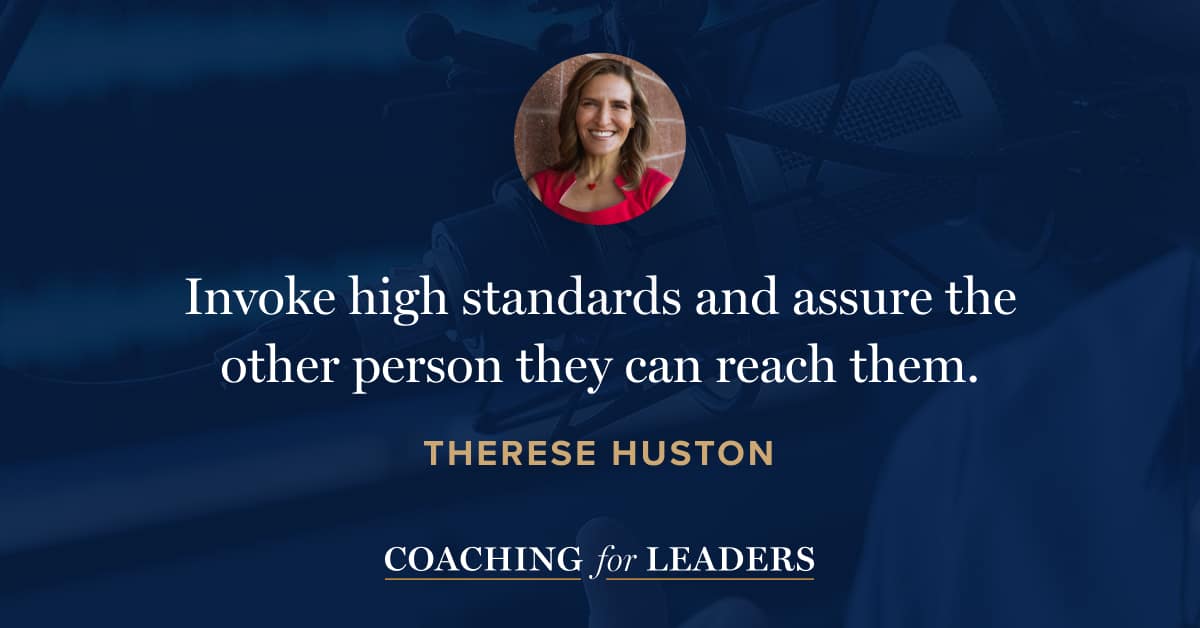Therese Huston: Let’s Talk
Therese Huston is a cognitive scientist and the founding director of the Center for Excellence in Teaching and Learning at Seattle University. She has written for The New York Times and the Harvard Business Review and has previously given talks at Microsoft, Amazon, TEDxStLouis, and Harvard Business School. Her prior books are titled Teaching What You Don't Know* and How Women Decide*. She's the author of the book Let's Talk: Make Effective Feedback Your Superpower*.
In this conversation, Therese and I discuss how we can reduce bias that may unintentionally show up in our feedback. We examine several of the key feedback challenges for managers, including telling women they need to speak up, that they are too aggressive, or concerned they will “take it the wrong way.” We also highlight key language that can help leaders make these conversations more productive and transparent.
Key Points
- Managers tend to sugarcoat feedback, but especially when feedback is being given to women.
- If someone is coming across aggressively, consider language like, “I’m not sure if that feedback is fair or unfair, but I wanted you to know it’s the impression some people have of you.”
- When giving feedback with the intention to help somebody improve, invoke high standards and assure the other person they can reach those standards.
- When feedback brings out strong emotion, help people restore their own control vs. trying to control.
- Research show that when giving feedback to someone whose face stands out, we spout vague pronouncements about how nice they are to be around.
Resources Mentioned
- Let's Talk: Make Effective Feedback Your Superpower* by Therese Huston
Interview Notes
Download my interview notes in PDF format (free membership required).
Related Episodes
- Three Steps To Soliciting Feedback, with Tom Henschel (episode 107)
- How Women Make Stronger, Smarter Choices, with Therese Huston (episode 255)
- How to Manage Abrasive Leaders, with Sharone Bar-David (episode 290)
Discover More
Activate your free membership for full access to the entire library of interviews since 2011, searchable by topic.





